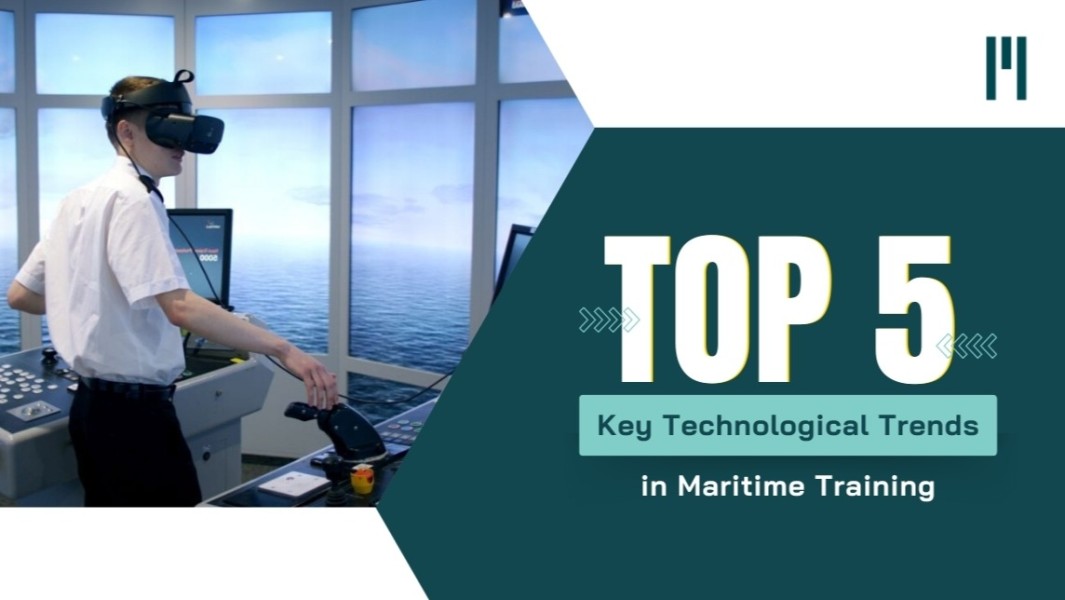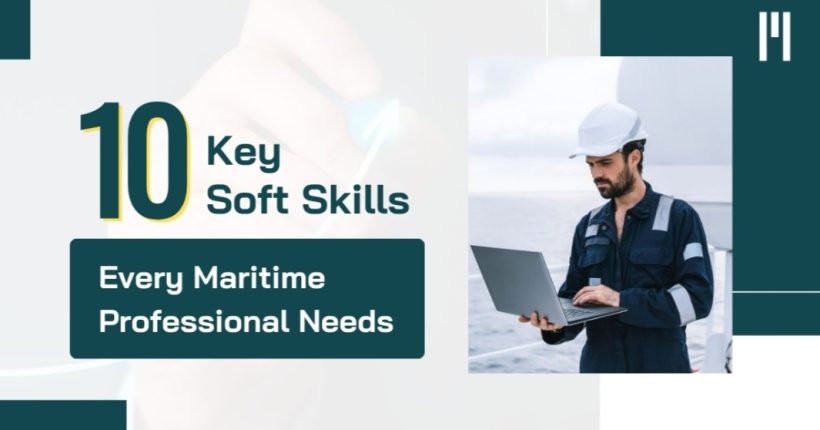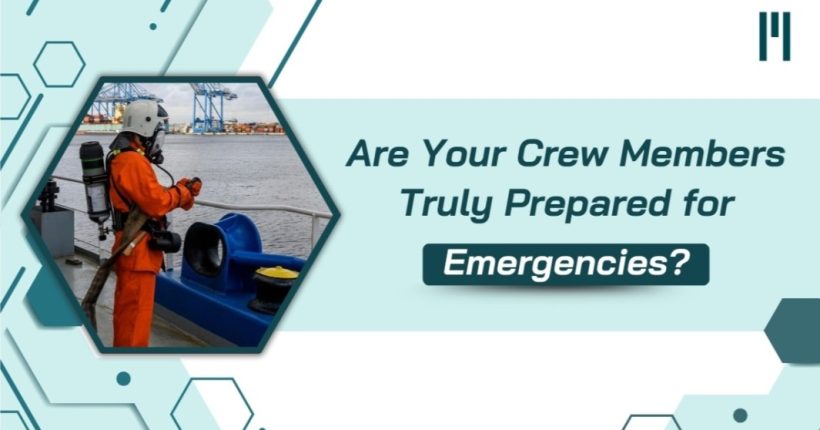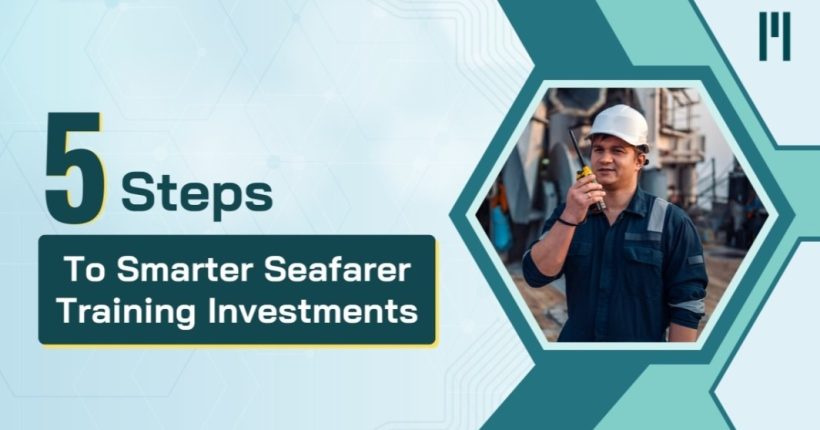The maritime industry has always been at the heart of global trade, with seafarers ensuring the smooth movement of goods worldwide. However, with increasing technological advancements and stricter regulatory requirements, maritime training must evolve continuously to prepare professionals for modern challenges.
Gone are the days when traditional classroom-based learning was the primary training method. Today, digital transformation is revolutionizing how seafarers and shore-based staff learn, upskill, and adapt to the dynamic maritime environment.
In this article, we will explore the key technological trends driving the future of maritime training, how ISF Maritime and Offshore Training Institute (IMOI) is implementing these innovations and what this means for the industry’s future.
Top 5 Key Technological Trends in Maritime Training
1. Learning Management Systems (LMS) for Digitalized Training
The adoption of LMS has completely transformed how maritime professionals access training. These platforms allow companies and individuals to:
- Special feature for onboard & remote training with offline access.
- Auto-generated IMO-compliant certificates & tracks regulatory training.
- Various learning modes like the classroom, eLearning, AR/VR, and onboard assessment.
- Advanced training analytics, skill gap analysis & custom reports.
Our Cloud-based LMS platform HELMS integrates all these features, ensuring seafarers continuously learn, even at sea.

Are you looking for a customized LMS solution for your company? Visit helmsportal.com to book a free demo, or contact us at isfgi@isfgroup.in.
2. Virtual Reality (VR) & Augmented Reality (AR) Training
Traditional maritime training often lacks hands-on experience in real-world scenarios. This is where VR and AR technologies bridge the gap.
- VR creates realistic, immersive training environments, such as emergency drills, cargo handling, and ship navigation.
- AR enhances real-world training by overlaying digital instructions on equipment, improving troubleshooting and maintenance procedures.
These technologies significantly reduce risks, enhance retention, and cut training costs by minimizing dependence on physical training resources.
Our collaboration with OMS VR for Virtual Reality (VR) training and Falcon Reality for Augmented Reality (AR) solutions enables us to deliver cutting-edge maritime training experiences.
3. Gamification & Microlearning in Maritime Education
Engagement is a major challenge in traditional learning methods. Gamification and Microlearning are making training more interactive and effective through quizzes, breaking down complex topics into short and engaging lessons for better retention.
Why it matters:
- Helps seafarers stay engaged with training modules.
- Simplifies complex topics like maritime safety regulations and navigation procedures.
- Ideal for SOP familiarization, safety drills and compliance training. Our collaboration with NAVguide Solutions helps us deliver highly engaging, interactive maritime training content.
4. Remote Simulator Training
Simulators have been a cornerstone of maritime training, providing hands-on practice in controlled environments. Recent advancements have made remote simulator training more accessible and scalable.
Key benefits:
- Cloud-based simulators allow seafarers to train remotely, eliminating the need for physical training centers.
- Realistic training scenarios improve decision-making skills and confidence.
- 24/7 accessibility, enabling seafarers to train both at sea and onshore.
5. The Role of Data in Maritime Training & HR Development
Data is revolutionizing how companies analyze, track and improve workforce development. Through predictive analytics and data-driven insights, maritime companies can:
- Identify competency gaps and suggest relevant training programs.
- Analyze industry-wide HR trends (e.g. workforce availability, wage structures).
- Personalize learning experiences based on real-time performance tracking.
The Global Seafarer Human Resource (GSHR) and Shore Staff Survey, conducted by ISF Group, provides deep insights into compensation & benefits trends, workforce availability, and training needs.
To get your copy today, please email us at isfgi@isfgroup.in. For more information, read the article “Empowering Maritime HR with Data-Driven GSHR Survey.”
Conclusion: The Future of Maritime Workforce Development
At IMOI, we have already integrated these cutting-edge training solutions to equip maritime professionals with future-ready skills.
By leveraging these innovative training methods, we ensure that maritime professionals stay ahead of industry requirements and develop the skills necessary for modern seafaring.
Whether you need customized workforce development programs, compliance-focused training or technology-driven upskilling, IMOI delivers scalable, effective and industry-compliant training for your seafarers and shore-based teams.
Discover operational excellence with our specialized tailored training programs at https://isfgroup.in/Imoi/Trainings/ or reach us at isfgi@isfgroup.in.





